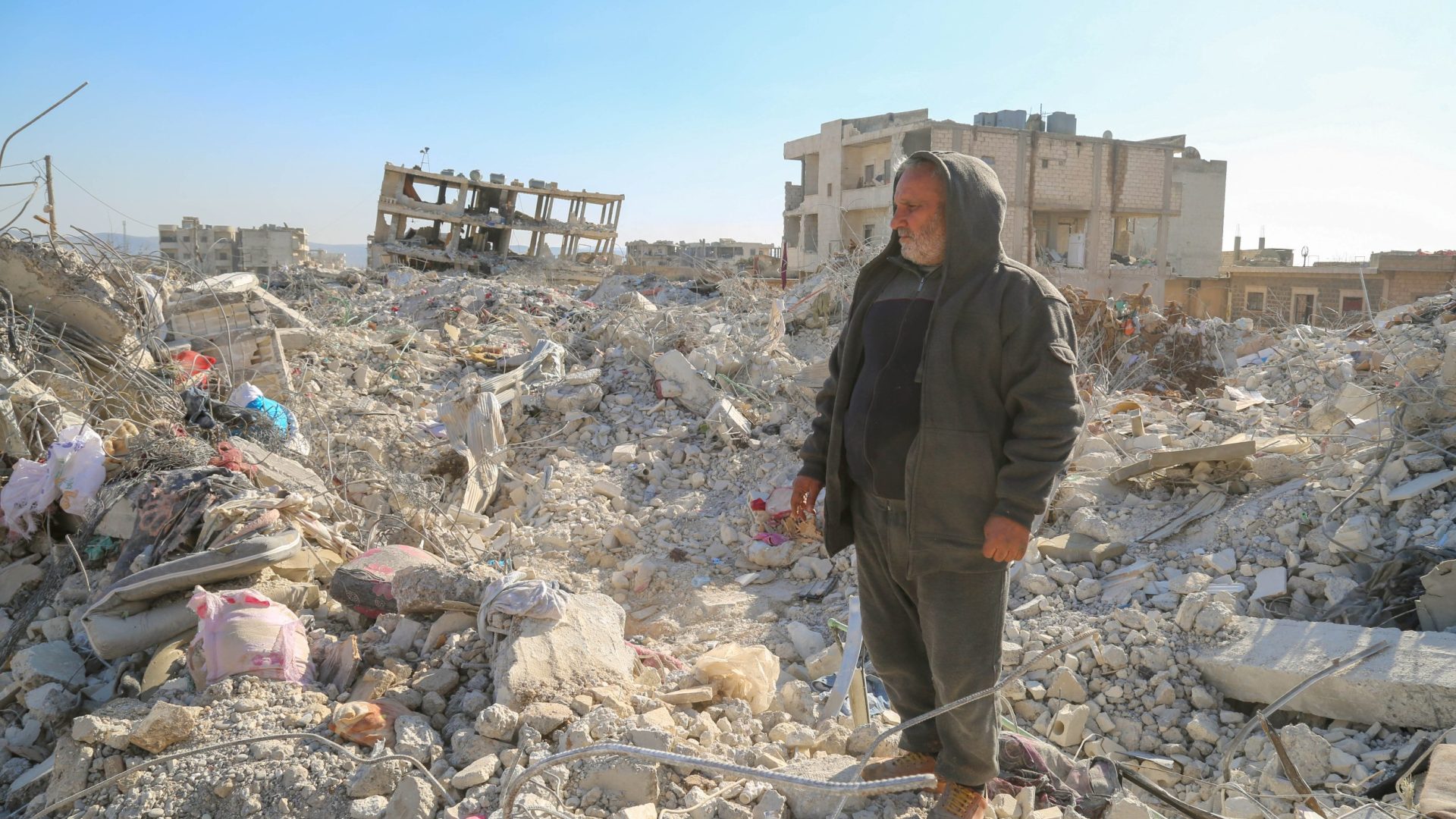By the end of 2023 some 10 million people aged sixty and over are living as refugees, representing 8 per cent of the 118 million displaced people worldwide – a number that has nearly doubled since 2014, according to the UN Global Trends Report 2023. But with many older people choosing to remain at home in situations of conflict or environmental disaster, the number of older people affected by emergencies is significantly higher.
Yet their exclusion from many aid interventions remains a vexed issue in the humanitarian system, compounded by the limited acknowledgment of their specific vulnerabilities or any recognition of their agency and contribution.
Meeting in Amman: discussing the inclusion of older people
In February 2025, Columbia University Ageing Centre and the International Longevity Centre hosted a meeting in Amman, Jordan to discuss this issue. How can the inclusion of older people in humanitarian response be advanced? The regional situation in the Middle East could hardly be more dramatic at this time with the situation in Gaza, Lebanon and Syria continuing to exaggerate the number of older people affected. Combined with a global backdrop where flows of humanitarian aid now seem under considerable threat the timing of such a meeting could hardly have been more urgent and pressing.
Key gaps in humanitarian response
A disturbing list of gaps in service provision for older people in emergencies was cited throughout the meeting. The absence of programmes to address the chronic health needs of older people, their omission from income security interventions, the failure to address mental health issues for older people who have lost their families and community social connections, their invisibility when it comes to providing mechanisms for feedback and consultation were evidenced through examples from the region.
Another issue that was raised was how the ageism that takes place in many societies against older people becomes exaggerated during a humanitarian crisis. The perception of older people as helpless victims, failure to respect their dignity and acknowledge their desire to contribute and feel valued, repeats the negative stereotypes that are found in so called ‘normal’ times.
Older people’s committees: a low-cost intervention
The experience of establishing older people’s committees to provide a safe space for older refugees to share their concerns and break their social isolation and loneliness were explored as a relatively low cost intervention that could begin to address some of these problems. When such spaces are opened up to facilitate an interaction between younger people and older people the mutual benefits have been significant with knowledge, skills, understanding and sensitivity exchanged on both sides.
Why is progress still so slow?
Perhaps the most puzzling and pressing issue that was discussed was the lack of significant progress when it comes to addressing the older age group by humanitarian actors who have signed up to inclusion standards yet continue to lag behind. This is happening despite the research and evidence that has been shared with them for a number of years.
Several NGOs present at the meeting acknowledged the high percentage of older people within their target populations but admitted their own lack of progress on responding to their specific needs, let alone promoting their agency and contribution.
The way forward: strengthening inclusion in humanitarian aid
Research and evidence should be backed up by clearer practical guidance and training, as well as engagement with donors and relevant government departments to ensure that age-inclusion standards are adhered to.
The need to interact with a wider range of stakeholders was also noted. This includes the various branches of government involved in humanitarian response for displaced populations, going beyond the usual Ministries of Health and Social Welfare to civil defence departments who frequently coordinate such efforts. Influencing the cultural norms that help inform social attitudes and behaviour towards older people requires a stronger interaction with faith based groups as well as religious leaders who often wield immense influence when it comes to how older people are perceived within their communities.
While informing social behaviour is part of a longer term endeavour beyond the time horizons of many emergency funded programmes it was noted that some refugee populations in the Middle East have been displaced for several decades. This is more than enough time to challenge and change the negative stereotypes that can befall older people in such circumstances.

